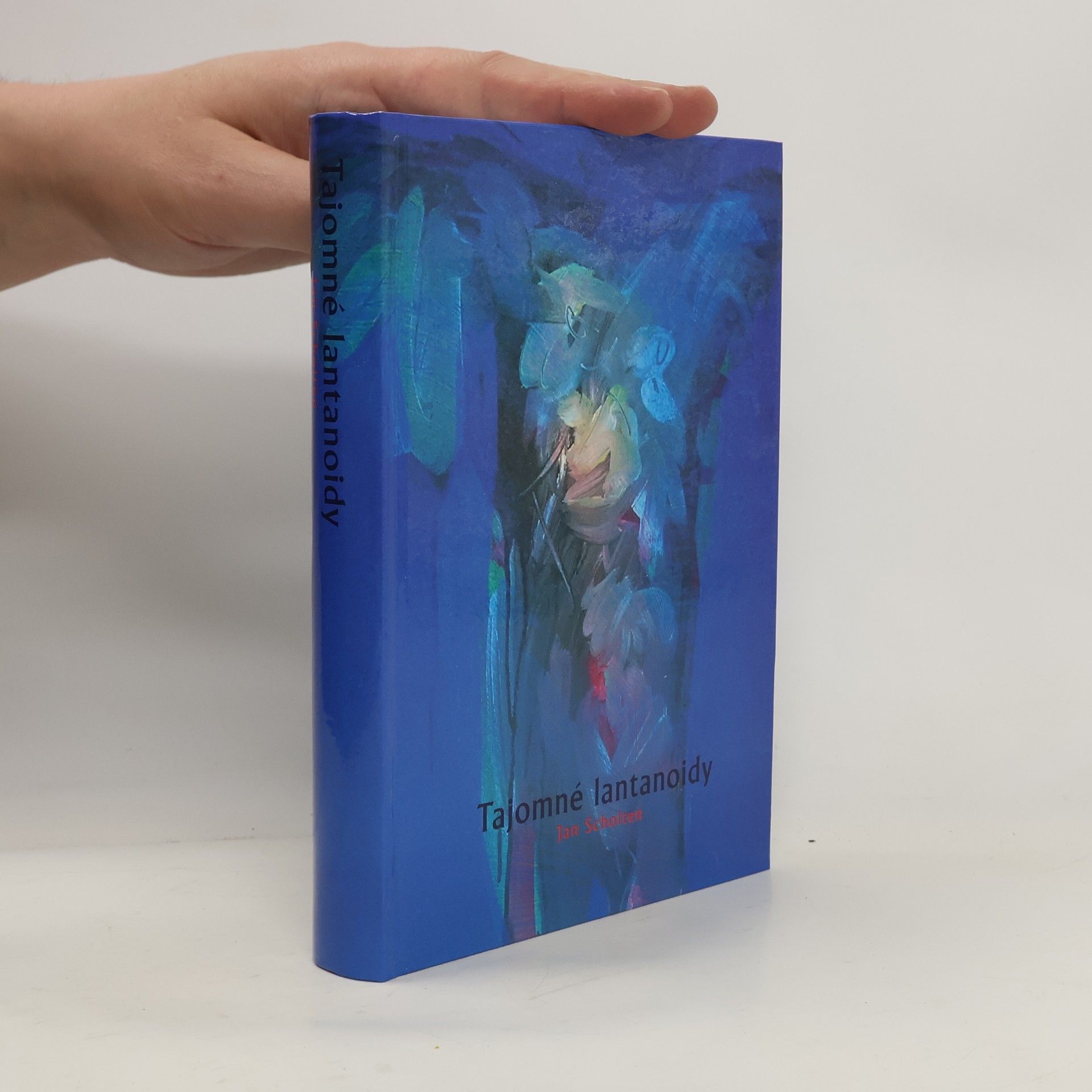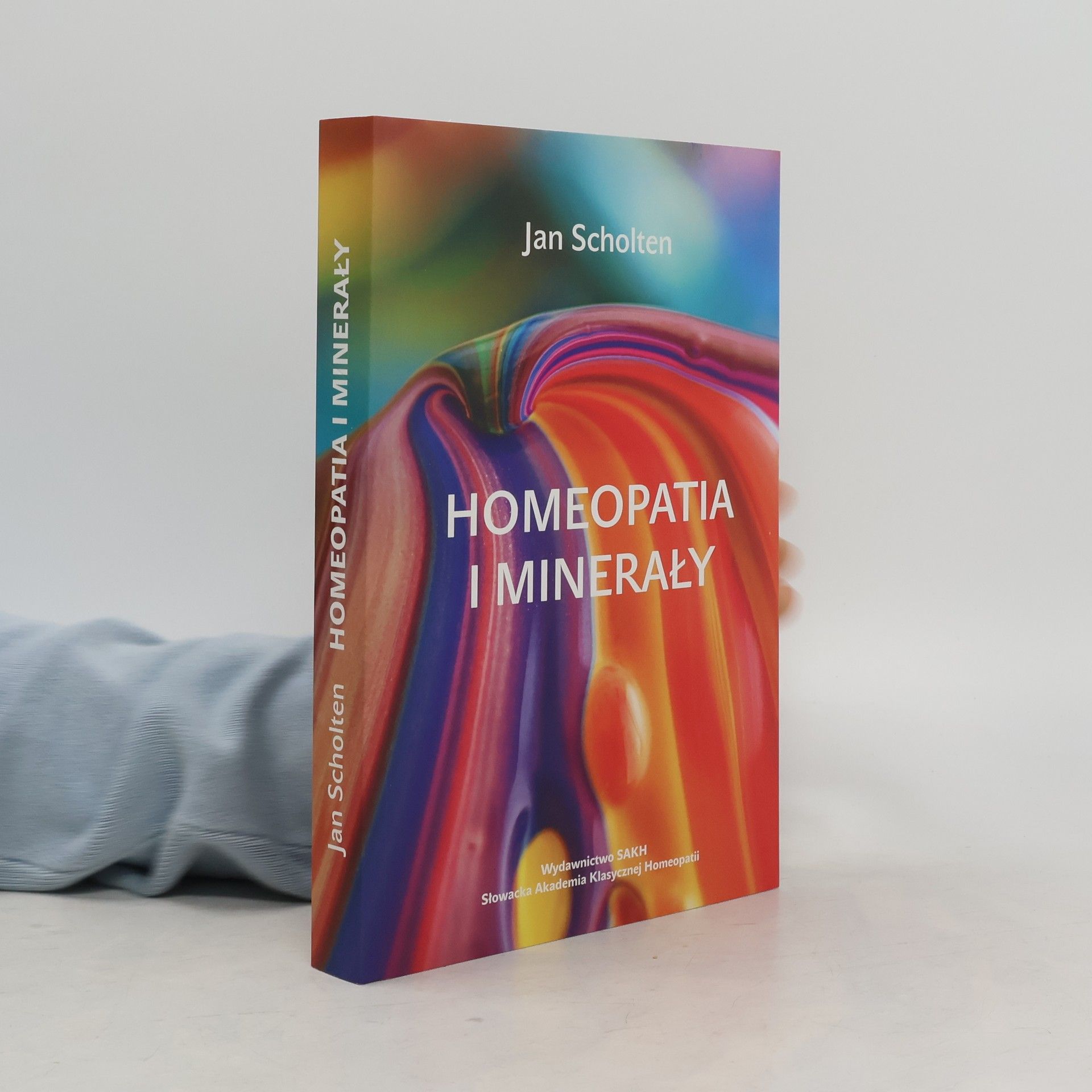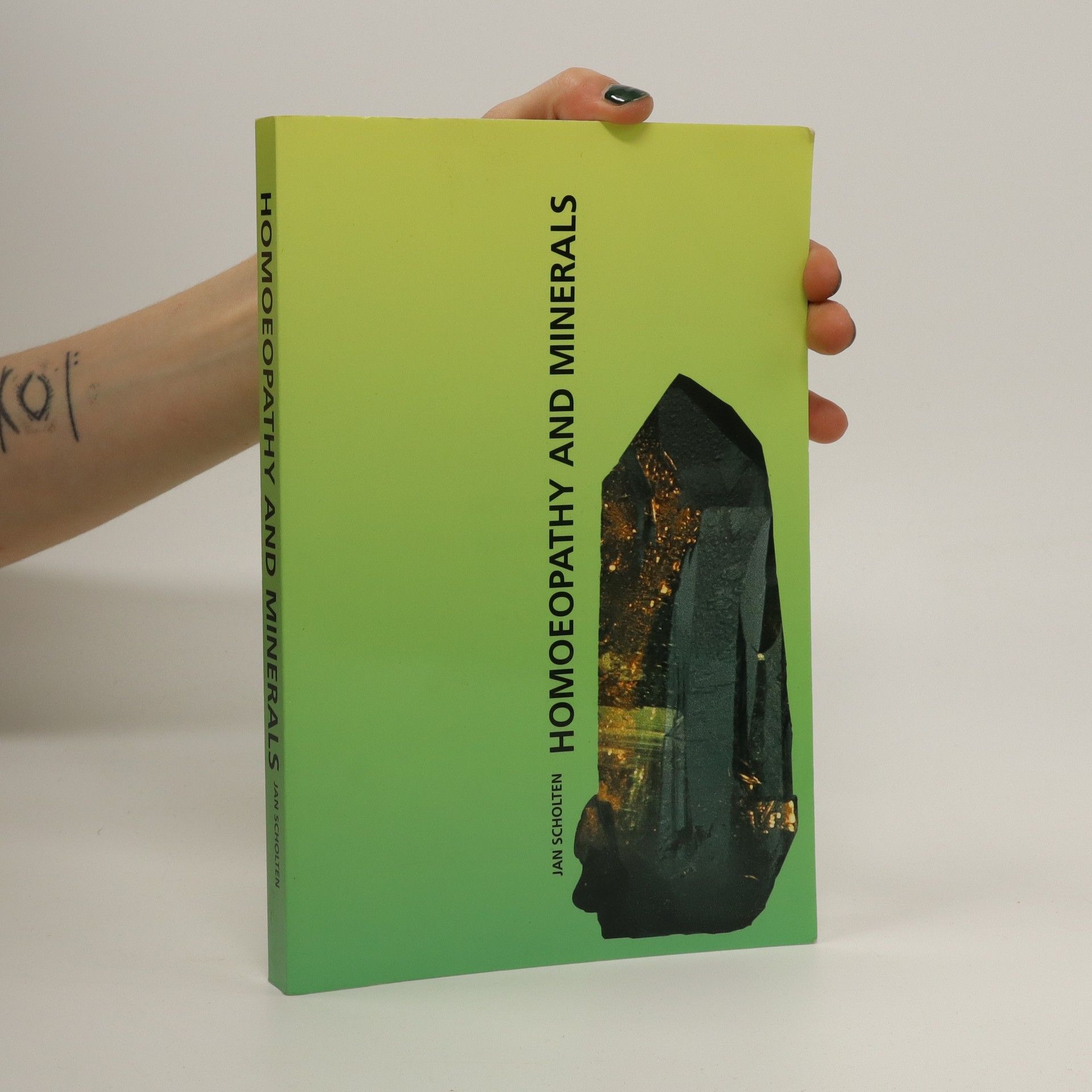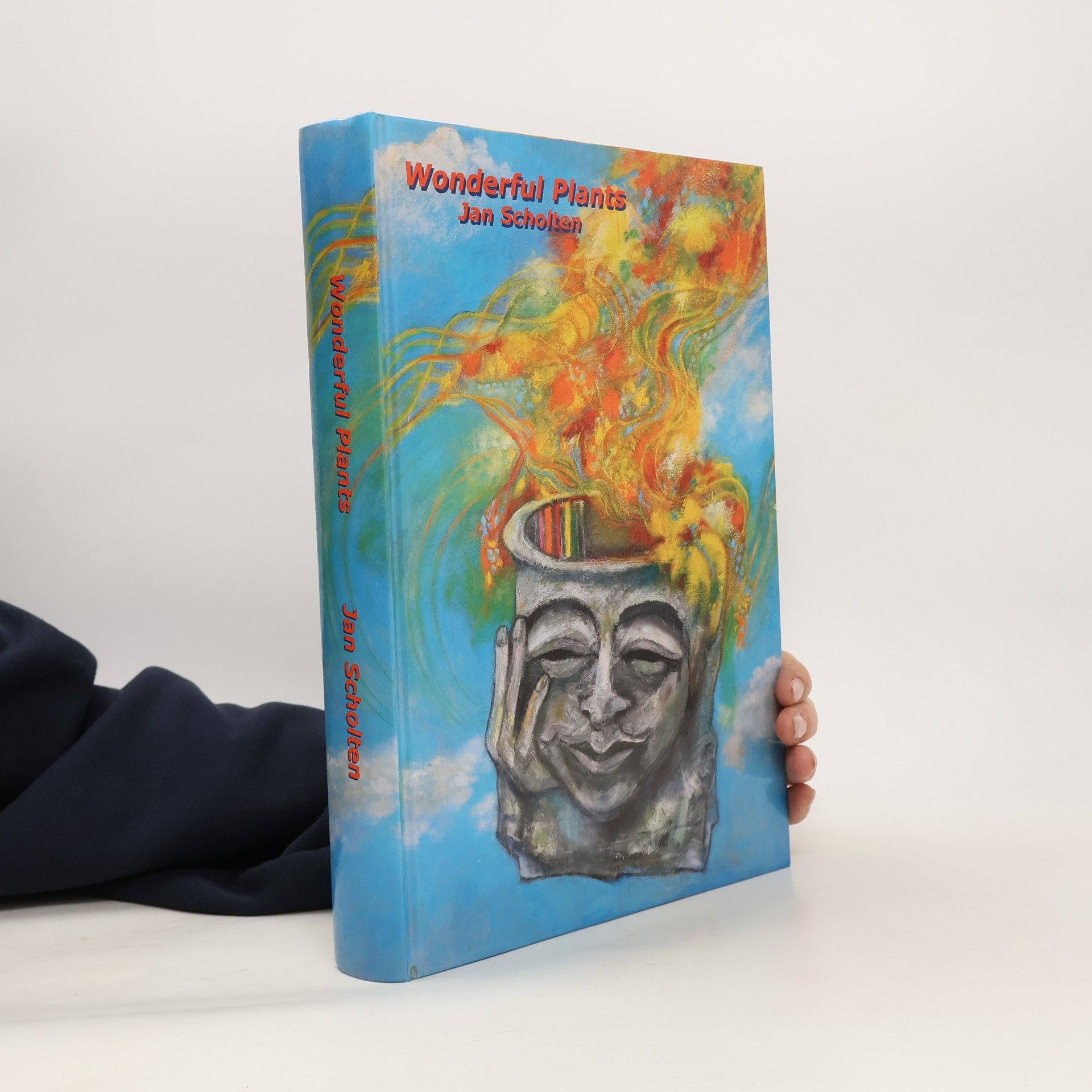Minerals in Plants 2
- 231pagine
- 9 ore di lettura
This is book is the result of analyzing the mineral content of 93 plants. 59 elements of the periodic table were analyzed. By analyzing the contents of minerals in plants we can see which minerals are comparatively high or low. Then we can compare the medicinal properties and the homeopathic pictures of a mineral high in a plant with the properties and pictures of that plant. Or we think of a mineral for a patient but the picture isnt fitting exactly we can in the table of that mineral and see which plants are having a high content of that mineral. Or we can project the picture of a plant or aspects of it from the contents of minerals. The result are striking and revealing. They often confirm the result of the former Minerals in Plants A new way of looking at the medical properties of plants. - Analysis of 59 elements. - Analysis of 93 plants. - Striking results. - Easy comparison between minral and plants remedies.










